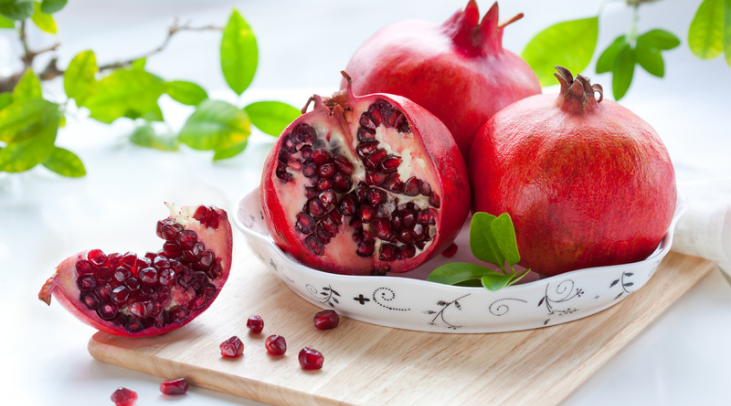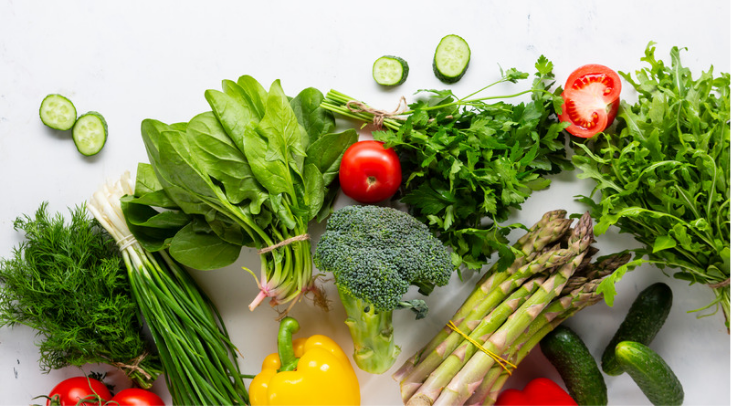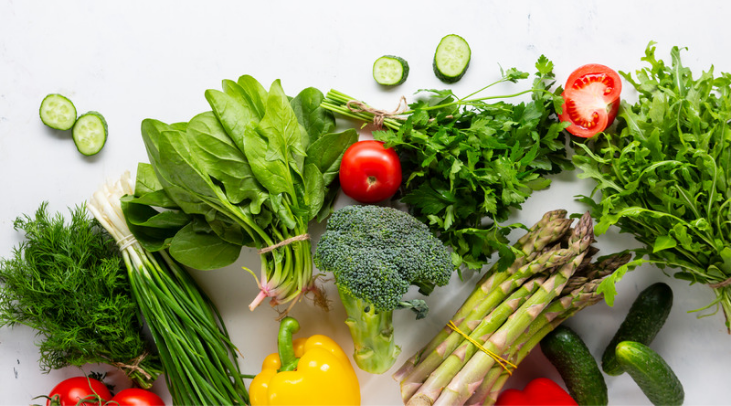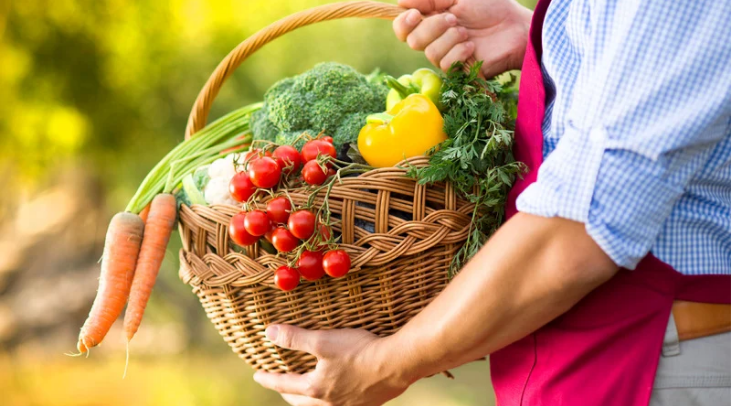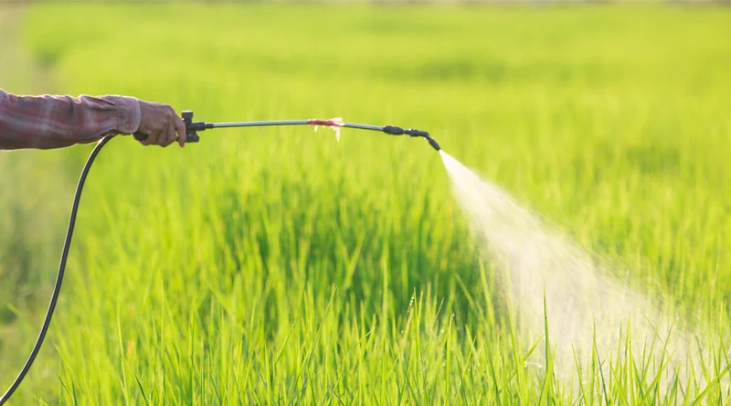India’s Pomegranate Production: Meeting the Growing Global Demand
As the world’s largest producer of pomegranates, India is steadily expanding its presence in the global market and delighting consumers with its high-quality fruit. Known for its vibrant red seeds, sweet-sour taste and amazing health benefits, pomegranate is not only a symbol of fertility and prosperity but also a true nutritional miracle in our health-conscious era. A highly demanded fruit The global demand for pomegranate is on the rise due to its rich antioxidant properties, high Vitamin C content and growing awareness of its role in promoting heart health, reducing inflammation and boosting overall immunity. From raw consumption to processed products such as juice, seeds and extracts, pomegranate is becoming an integral part of the wellness market. India: Pomegranate Capital Maharashtra, Karnataka, Gujarat and Andhra Pradesh are at the forefront of pomegranate production in India and together contribute to its dominance. The Indian variety Bagwa is known for its large seed coat, fewer seeds and longer shelf life and is the gold standard in the international market. What are the reasons for India’s success? 1. Climate and Soil: India’s diverse agro-climate creates an ideal environment for pomegranate cultivation. 2. Technological Advancements: 4,444 farmers are adopting modern methods like drip irrigation, precision agriculture and integrated pest management to ensure higher yields and quality. 3. Government Support: Initiatives like subsidies, export incentives and research and development programs have boosted India’s agricultural exports. Widening Horizons: Export Growth India exports fresh pomegranates to regions like the Middle East, Europe and the US. The United Arab Emirates (UAE), a major market, prefers Indian pomegranates due to its taste, freshness and competitive prices. Moreover, advances in cold chain logistics and packaging have enabled the fruit to reach distant markets without compromising on quality. Challenges to Overcome Despite growth, the industry faces challenges such as post-harvest losses, pests and the need for strict adherence to global quality standards. Addressing these issues with research-backed solutions and technology can further consolidate India’s position as a global leader. Mogitate: Redefining Quality At Mogitate, we pride ourselves on offering the finest pomegranates sourced directly from a network of many farmers. Our commitment to sustainability and quality ensures that all our fruits meet the highest standards of taste, nutritional value and safety. A Bright Future The future looks promising for the Indian pomegranate industry. Innovations in cultivation, growing global health awareness and expanding export opportunities are paving the way for further growth. As the world adopts healthier lifestyles, Indian pomegranate farmers are ready to rise to the challenge of meeting this growing demand with unmatched quality and dedication. Let’s raise a toast to the success of this ‘super fruit’ and its potential to bring prosperity to Indian agriculture and good health to consumers around the world!
India’s Pomegranate Production: Meeting the Growing Global Demand Read More »

